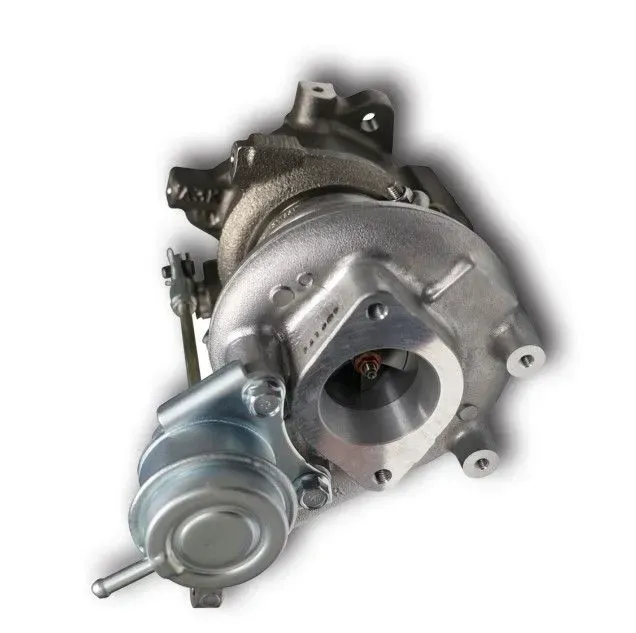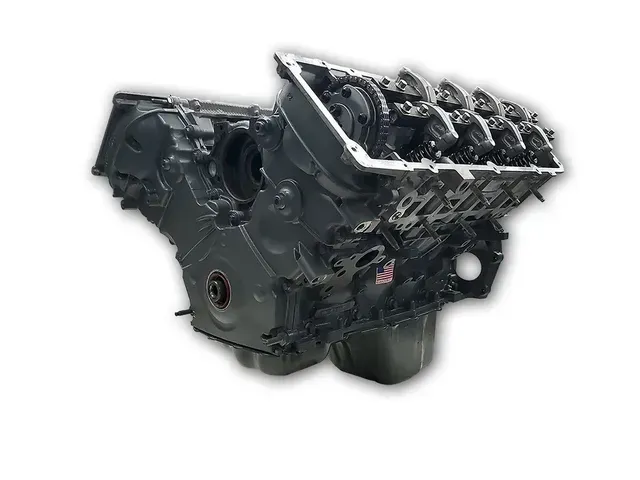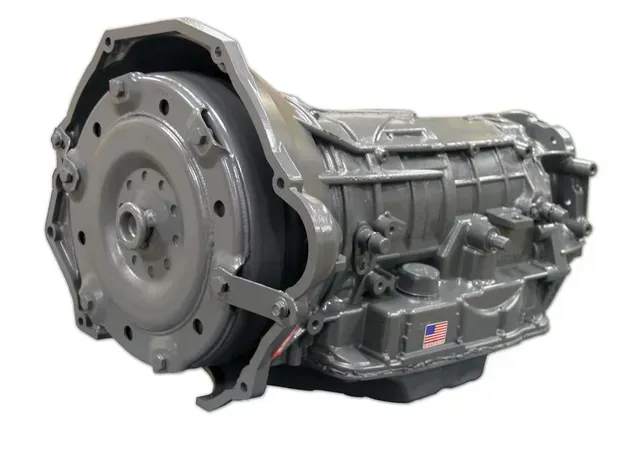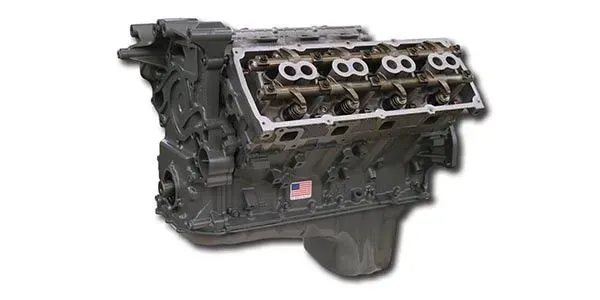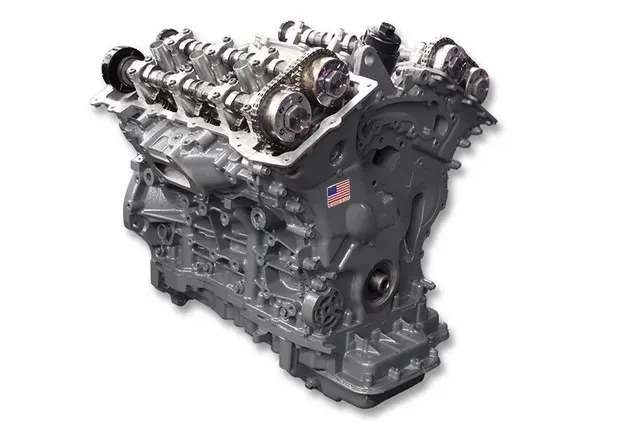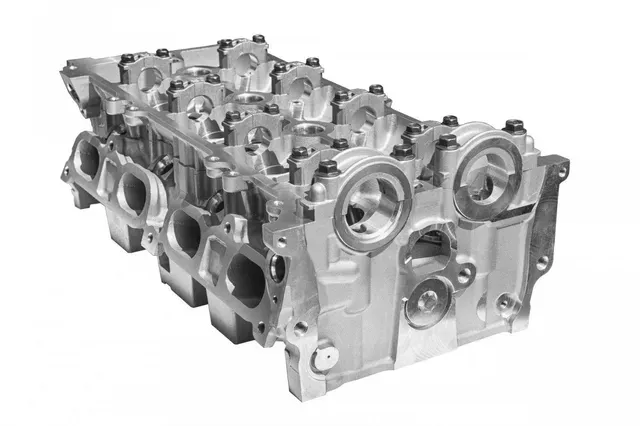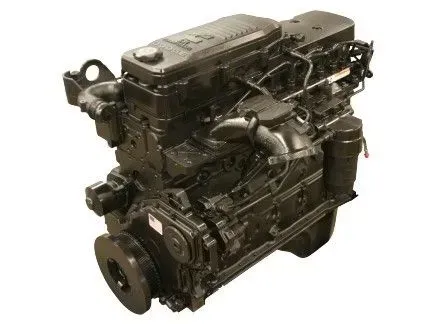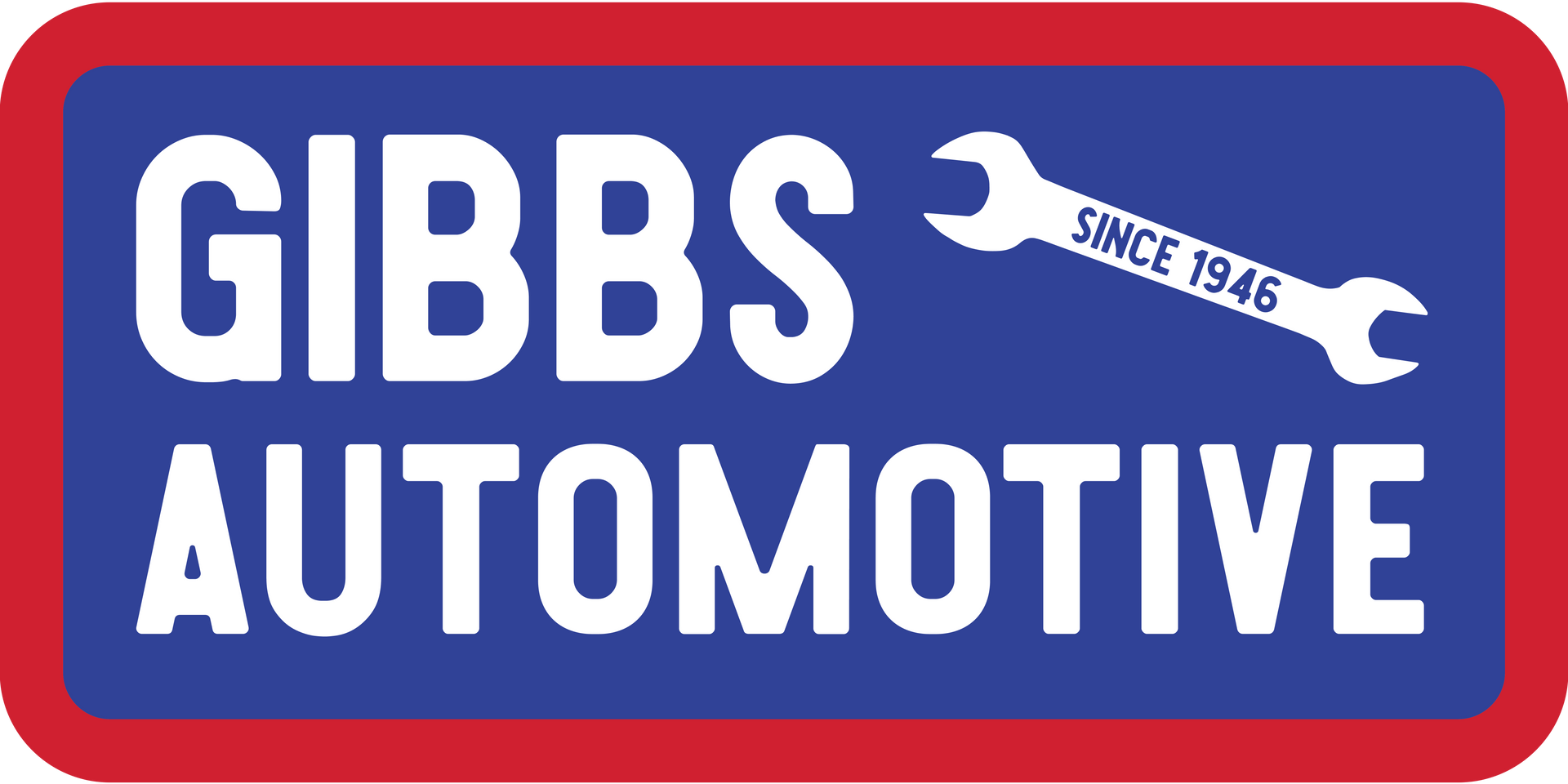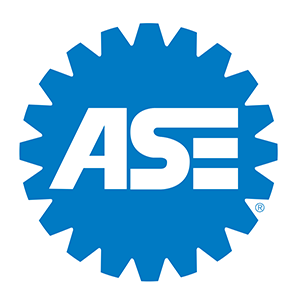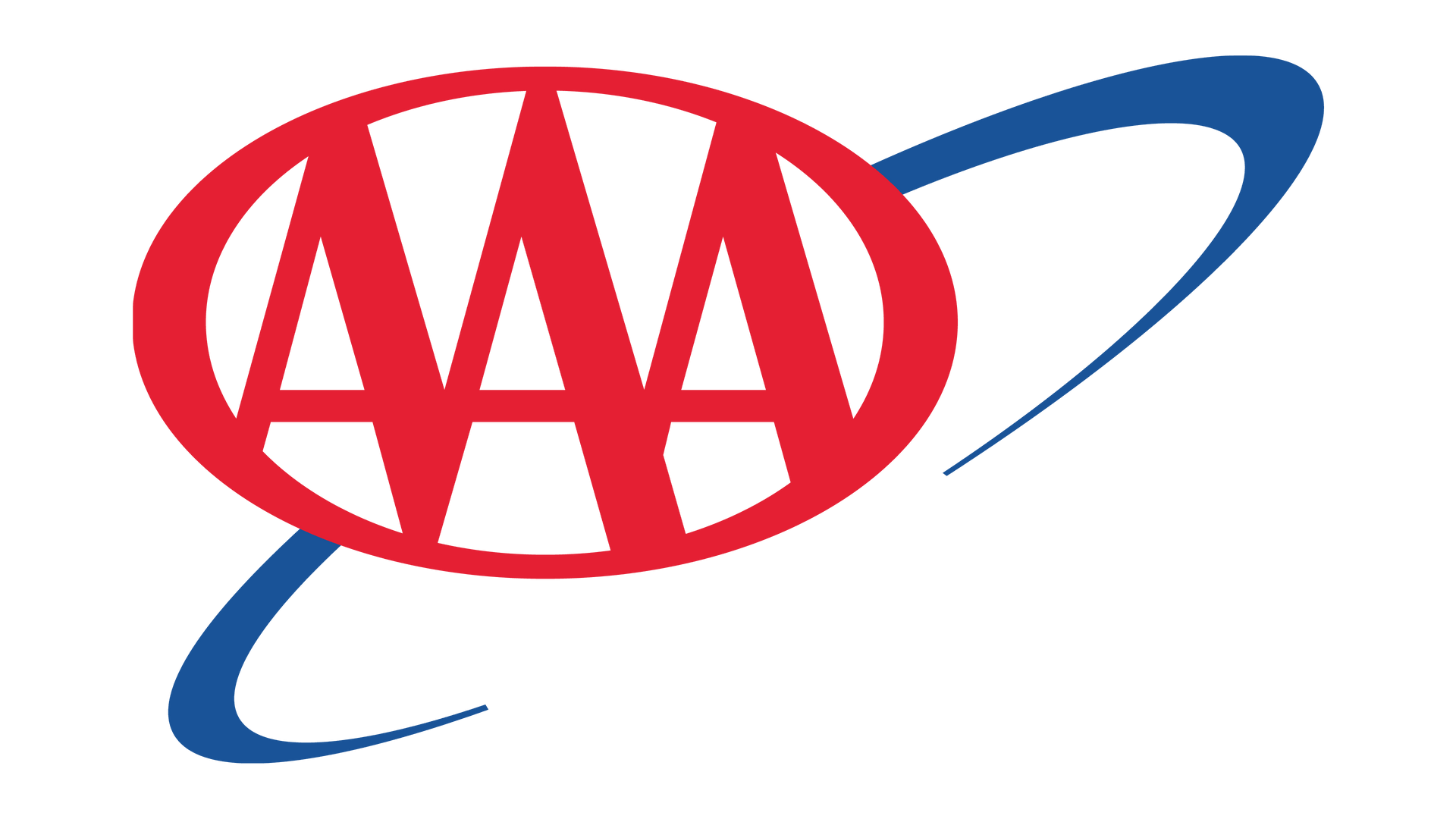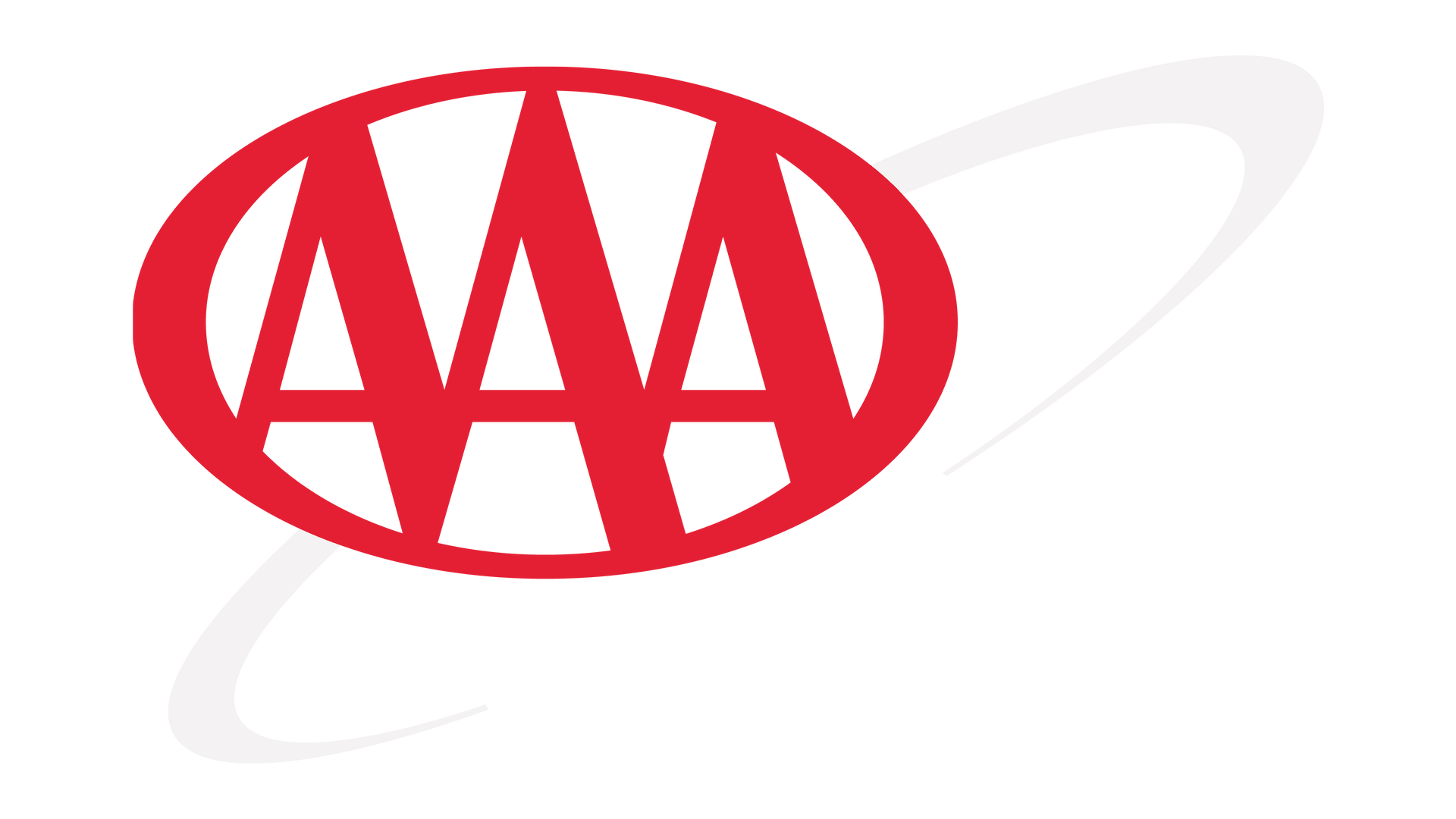Spring in Conyers doesn’t just mean blooming flowers and warmer weather—it also means heavy rains, slick roads, and a greater demand on your vehicle’s braking system. If your brakes were already showing signs of wear during the winter, spring is when those issues usually come to the surface.
At Gibbs Automotive, we always recommend scheduling a brake inspection as part of your seasonal maintenance—especially heading into Georgia’s rainy months. It’s not just about staying safe. It’s also one of the most cost-effective ways to prevent bigger repair bills later in the year.
Here’s everything Conyers drivers need to know about how spring weather impacts your brakes, what signs to watch for, and when it’s time to bring your vehicle in for service.
How Rainy Roads Impact Brake Performance
When the roads are wet, stopping takes longer. That’s just physics. Water creates a thin layer between your tires and the pavement, which can reduce traction and cause hydroplaning if your brakes or tires aren’t in top shape.
On top of that, moisture can lead to rust and corrosion on brake components—especially if your vehicle sits unused for even a few days at a time. Over time, rust can cause your brake pads to seize or your calipers to stick, which can lead to uneven wear or reduced stopping power.
In short, rainy weather pushes your brakes harder, and if they’re not ready for it, you could find yourself in a dangerous situation.
Signs Your Brakes Might Be Due for Service
Some brake problems come on slowly. Others hit all at once. Here are a few signs that should prompt you to schedule a brake inspection:
You hear squeaking, squealing, or grinding when braking The steering wheel vibrates when you brake Your vehicle pulls to one side while braking You notice a burning smell after heavy stops It takes longer than usual to come to a full stop The brake pedal feels soft, spongy, or low
Even if your vehicle isn’t making noises, any change in braking performance—especially during wet conditions—should be taken seriously.
How Often Should You Have Your Brakes Checked?
Most manufacturers recommend checking your brakes at least once a year, but Georgia’s weather and road conditions often call for more frequent inspections.
If it’s been over six months since your last brake check—or you’re planning to do more driving during the spring and summer months—it’s a good idea to schedule one now.
Routine checks can help catch:
Worn brake pads or shoes Scored rotors Leaking brake fluid Stuck or frozen calipers Faulty brake lines or master cylinders
Catching these problems early helps you avoid more expensive repairs later. It also gives you peace of mind that your brakes will perform the way they should when it counts.
What Happens During a Brake Inspection at Gibbs Automotive
When you bring your vehicle to Gibbs Automotive in Conyers for a brake inspection, our ASE-certified technicians go through the full system to look for wear, leaks, and performance issues.
We check:
Brake pad thickness and wear patterns Rotor surface condition and measurements Brake fluid level and quality Calipers and hardware condition Brake lines and hoses Emergency brake function
We’ll walk you through our findings, show you any parts that need attention, and give you an honest assessment of what should be done now versus what can wait. No pressure, just straightforward recommendations to keep your vehicle safe.
Why Spring Is the Best Time to Get Ahead of Brake Issues
Spring is when everything gets busier. You might be driving more on weekends, planning road trips, or navigating stop-and-go traffic around construction zones. That means more pressure on your brakes.
It’s also when Conyers roads are at their slickest. Between sudden downpours and leftover gravel or debris from winter, it’s easy for a split-second delay in stopping to turn into a close call—or worse.
By getting your brakes checked early in the season, you’re giving yourself a safety edge and helping your vehicle perform at its best when conditions are unpredictable.
Brake Repairs Don’t Have to Be Complicated
A lot of drivers delay brake service because they worry it’ll be expensive or take too long. In reality, most brake repairs are straightforward when caught early.
Replacing brake pads before they wear down to the metal is far cheaper than replacing pads, rotors, and calipers together. At Gibbs Automotive, we work to catch things early and offer honest pricing with clear explanations so you always know what you’re paying for.
Why Conyers Drivers Choose Gibbs Automotive
We’re not just another shop—we’re your neighborhood team. We’ve been helping drivers in Conyers stay safe on the road for years, and we take that responsibility seriously.
Our brake inspections are detailed, our service is transparent, and our team is always available to explain what we’re seeing and how to fix it. You won’t get vague answers or surprise fees. Just reliable help from people who care about keeping your car safe.
If you’re ready to get your brakes checked before the rainy season picks up, here’s how to reach us:
You can call or schedule an appointment online. We’ll make it quick, easy, and worth your time.
Final Thoughts
When the roads are wet and unpredictable, your brakes are your first line of defense. If something feels off—or if it’s simply been a while since your last inspection—don’t wait.
A quick check today could save you from a big problem tomorrow. Bring your vehicle to Gibbs Automotive in Conyers and make sure your brakes are ready for whatever spring throws your way.


